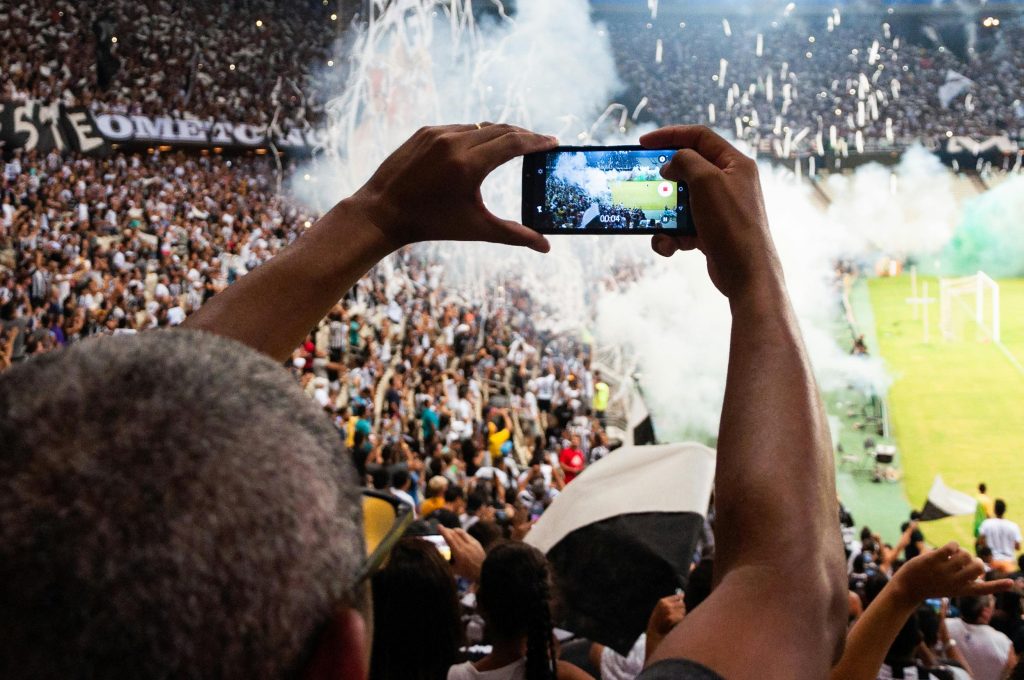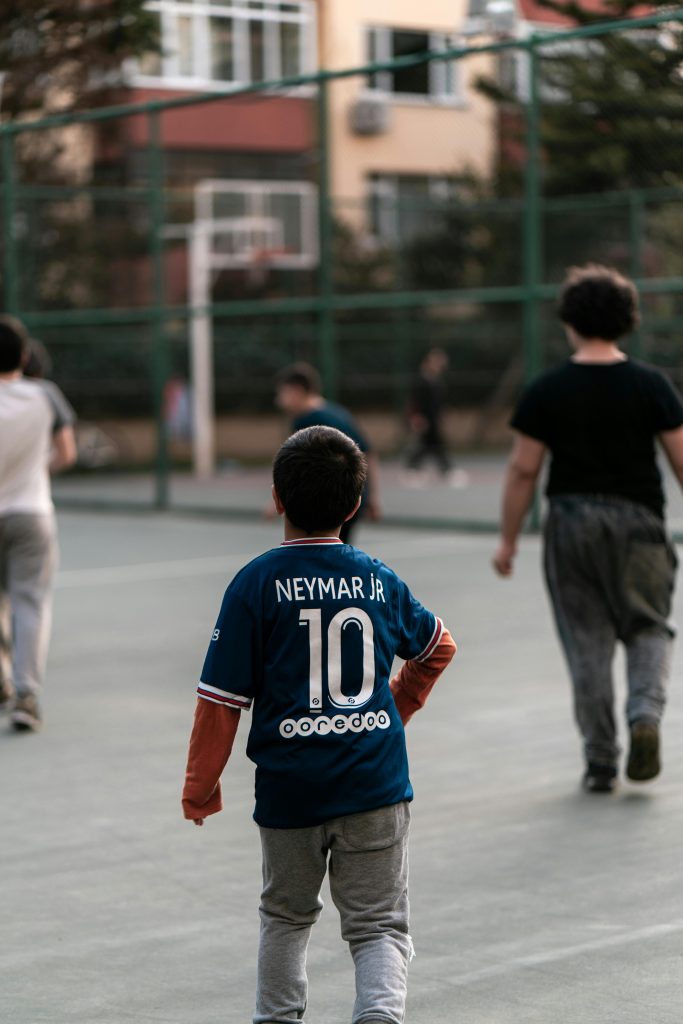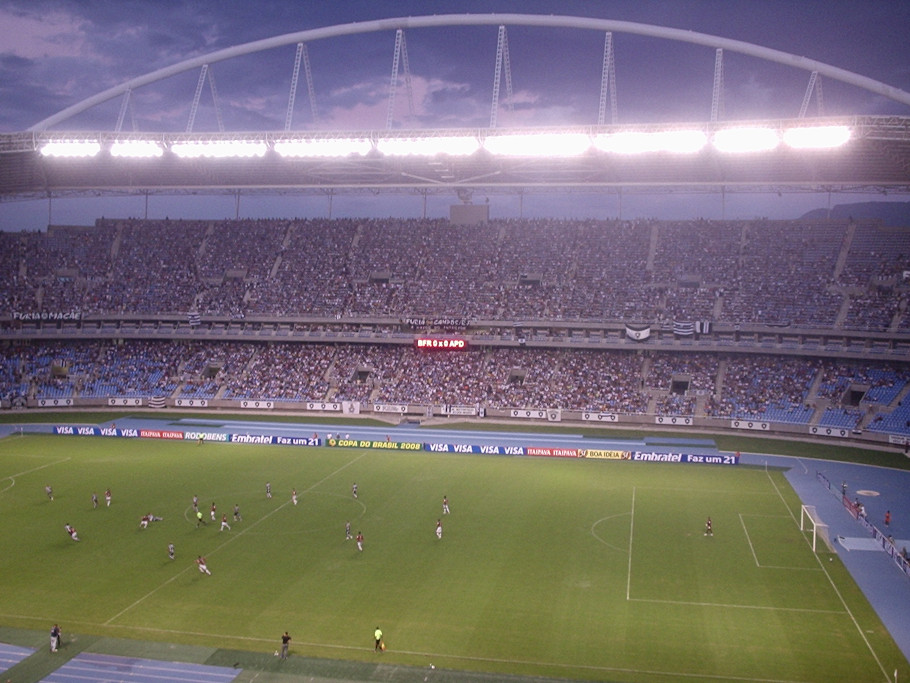The UEFA European Championship, or Euro, is one of the most prestigious tournaments in international football, showcasing the best national teams in Europe. Since its inception in 1960, the Euro finals have provided some of the most memorable moments in football history, marked by intense competition, dramatic matches, and iconic goals. This article explores the evolution of the Euro finals, highlighting key tournaments, legendary players, and significant changes that have shaped the competition.
Early Years: Establishing a Continental Championship (1960–1976)
The first European Championship, known as the European Nations’ Cup, was held in 1960 in France. The final featured the Soviet Union against Yugoslavia. In a thrilling match at the Parc des Princes in Paris, the Soviet Union emerged victorious with a 2-1 win after extra time, thanks to a decisive goal by Viktor Ponedelnik. This victory marked the beginning of a prestigious tournament that would grow in significance and scale.
The 1964 final saw Spain hosting and winning the championship by defeating the Soviet Union 2-1 in Madrid, in front of a home crowd. The tournament began to gain traction as a significant continental competition.
In 1968, the tournament was renamed the European Championship, and Italy hosted the finals. Italy won their first title in a replay against Yugoslavia after the initial match ended 1-1, making them the first nation to win a Euro final by replay.
The 1972 championship in Belgium saw West Germany emerge as a dominant force, with a 3-0 victory over the Soviet Union in the final, showcasing the talents of stars like Gerd Müller and Franz Beckenbauer. The tournament format and prestige continued to evolve, setting the stage for further expansion and greater competition.
The Expansion Era: More Teams, More Drama (1980–1996)
The 1980 tournament in Italy introduced a new format, expanding to an eight-team final tournament. West Germany clinched their second title by defeating Belgium 2-1 in the final, with Horst Hrubesch scoring both goals.
The 1984 European Championship in France saw a memorable performance by Michel Platini, who scored nine goals during the tournament, including the decisive goal in France’s 2-0 win over Spain in the final. Platini’s brilliance helped elevate the tournament’s profile and showcased the growing influence of individual talent in deciding the outcomes of major finals.
The 1988 Euro in West Germany featured a historic moment when the Netherlands won their first major title by defeating the Soviet Union 2-0. Marco van Basten’s stunning volley, one of the most iconic goals in Euro history, secured the victory and underscored the tactical and technical evolution of the game.
The 1992 tournament in Sweden was notable for Denmark’s fairy-tale victory. Initially not qualified, Denmark was invited to participate following Yugoslavia’s disqualification due to political turmoil. The Danes capitalized on the opportunity, defeating reigning champions the Netherlands in the semifinals and then Germany 2-0 in the final, achieving one of the greatest underdog victories in football history.
The 1996 tournament in England marked the expansion to a 16-team format. Germany won their third title by defeating the Czech Republic 2-1 in the final, thanks to Oliver Bierhoff’s golden goal, the first and only golden goal to decide a Euro final.
Modern Era: Tactical Innovations and Memorable Clashes (2000–2021)
The 2000 European Championship, co-hosted by Belgium and the Netherlands, was highlighted by France’s golden goal victory over Italy in the final. David Trezeguet’s extra-time strike secured a 2-1 win, adding to France’s World Cup triumph in 1998 and solidifying their status as a dominant force in world football.
The 2004 tournament in Portugal saw another surprise victory as Greece won their first major title. Under the management of Otto Rehhagel, Greece adopted a disciplined defensive approach and defeated hosts Portugal 1-0 in the final, with a goal from Angelos Charisteas. This win emphasized the effectiveness of tactical organization and team cohesion.
The 2008 European Championship in Austria and Switzerland witnessed Spain’s resurgence as a footballing powerhouse. Spain’s 1-0 victory over Germany in the final, with Fernando Torres scoring the decisive goal, marked the beginning of their dominance in international football, which continued with their World Cup win in 2010 and another Euro title in 2012.
The 2012 tournament in Poland and Ukraine featured Spain’s emphatic 4-0 victory over Italy in the final, showcasing their tiki-taka style of play and solidifying their legacy as one of the greatest teams in football history.
The 2016 European Championship in France introduced a 24-team format, reflecting the growing inclusivity and competitiveness of the tournament. Portugal emerged victorious, winning their first major title by defeating France 1-0 in the final. Eder’s extra-time goal secured the win, highlighting Portugal’s resilience and tactical adaptability.
The 2020 European Championship, postponed to 2021 due to the COVID-19 pandemic, was unique in being hosted across multiple cities in Europe. Italy won their second title by defeating England in a dramatic penalty shootout after the match ended 1-1 in regular time. Gianluigi Donnarumma’s heroics in the shootout earned him the Player of the Tournament award and emphasized the role of goalkeepers in determining the outcome of high-stakes finals.
Key Players and Memorable Performances
Several players have left an indelible mark on Euro finals with their performances:
- Michel Platini (1984): His nine goals, including the decisive one in the final, highlighted his influence and set a record for the most goals in a single Euro tournament.
- Marco van Basten (1988): His volley in the final against the Soviet Union remains one of the most iconic goals in Euro history, showcasing his technical prowess.
- David Trezeguet (2000): His golden goal against Italy secured France’s second Euro title and exemplified the drama of the golden goal rule.
- Cristiano Ronaldo (2016): While injured in the final, Ronaldo’s leadership and influence throughout the tournament were crucial to Portugal’s victory.
Impact and Legacy of Euro Finals
The Euro finals have not only determined the champions of Europe but have also influenced the tactical and strategic evolution of the game. The shift from defensive tactics to more fluid and attacking styles reflects broader changes in football philosophy. The tournament has also provided a platform for emerging talent and established stars to showcase their skills on an international stage.
The Euro finals have contributed to the cultural and emotional fabric of football, creating unforgettable moments and rivalries. They offer a stage for nations to achieve glory and for players to cement their legacies, reflecting the passion and diversity of European football.
Conclusion
The UEFA European Championship finals represent a rich tapestry of football history, characterized by dramatic matches, tactical innovations, and unforgettable performances. From the early years of the Soviet Union’s triumph to the modern era of tactical mastery and individual brilliance, the Euro finals have showcased the evolution and enduring appeal of European football. As the tournament continues to grow and evolve, it promises to deliver more memorable moments and thrilling finales, celebrating the beauty and diversity of the game.
- Neymar’s Return to Santos FC - January 29, 2025
- Manchester United and Manchester City: Challenges in the 2024-2025 Premier League Season - January 5, 2025
- Manchester City: The Downfall of a Modern Football Powerhouse - December 16, 2024



